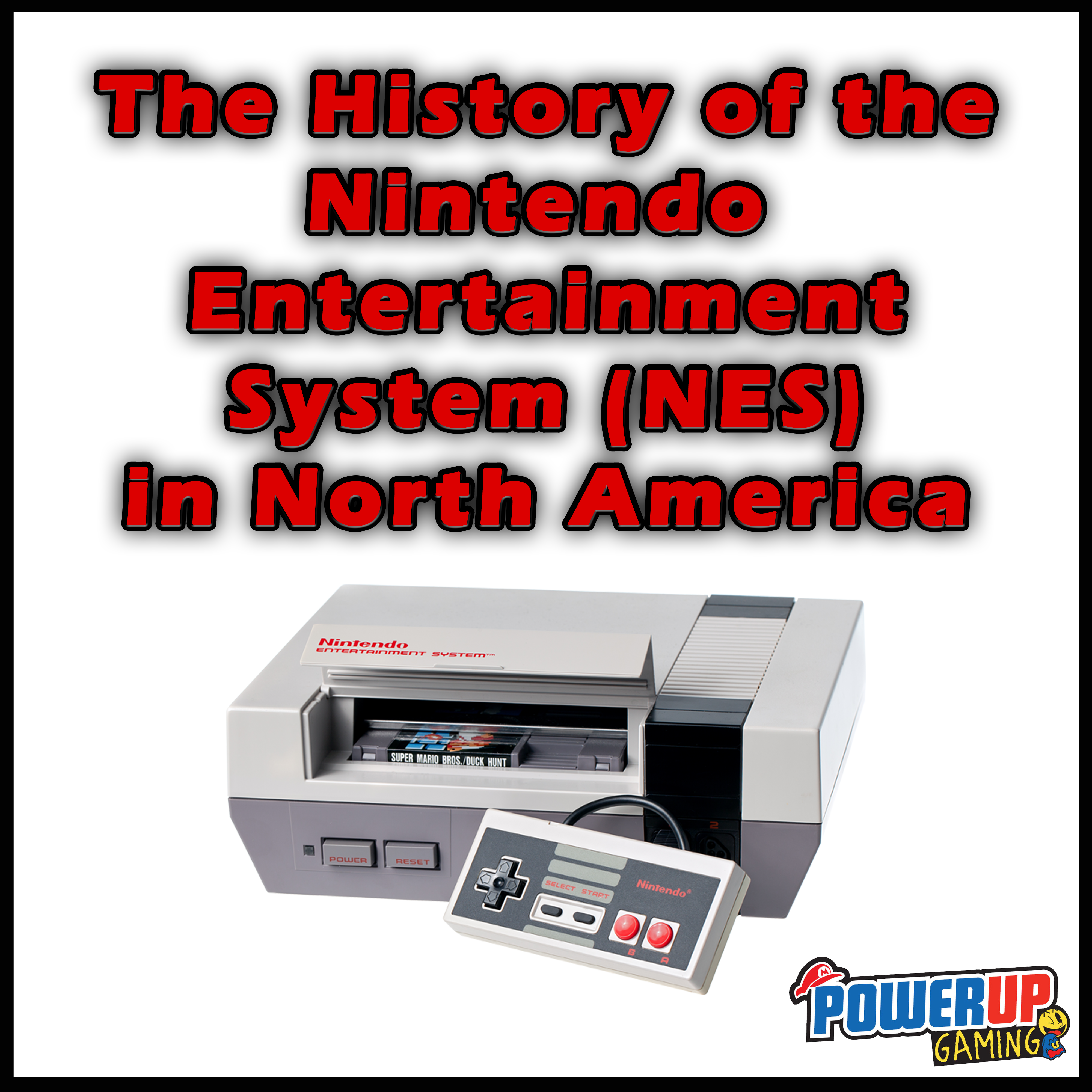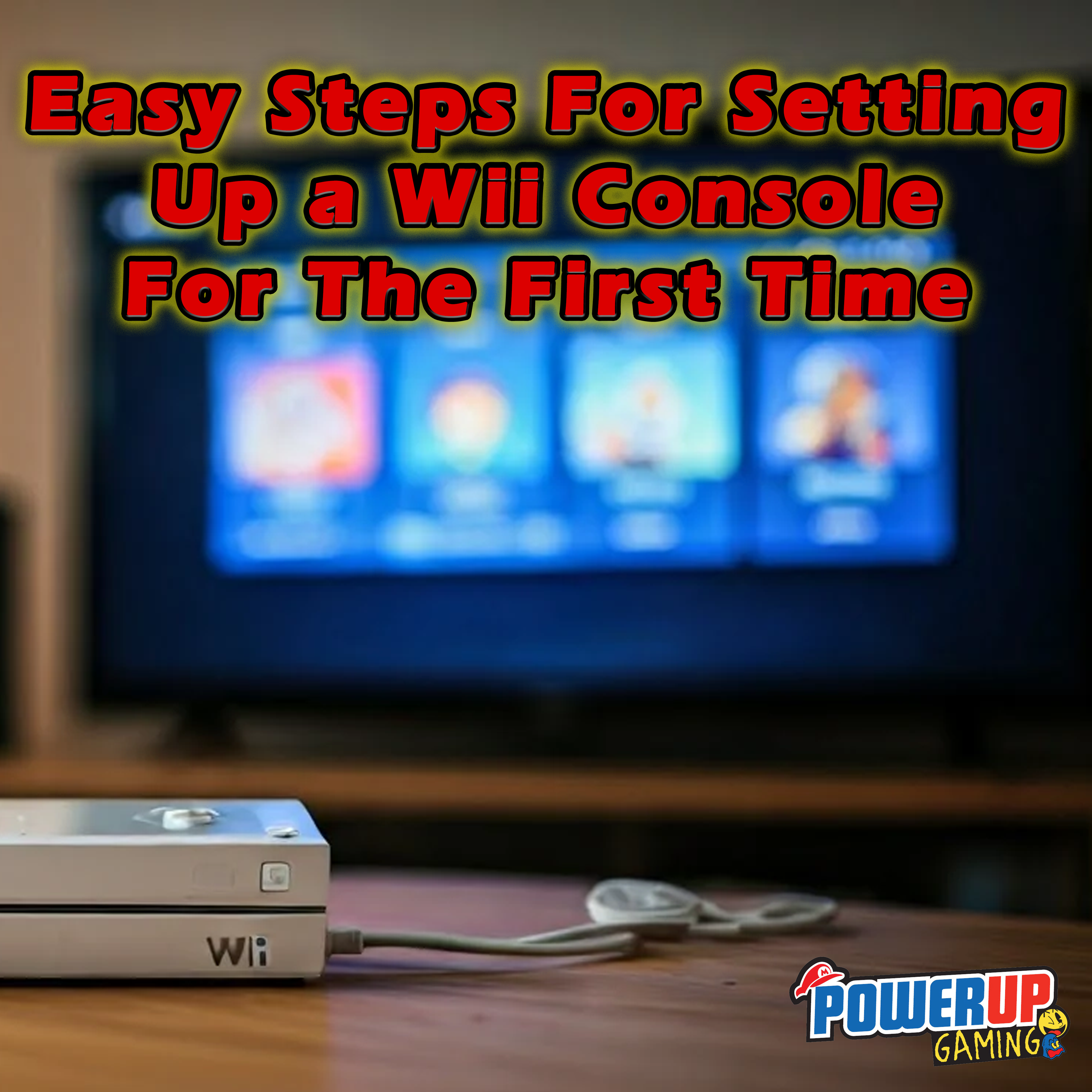Greetings to all the gaming aficionados out there! Today, we're time-traveling back to the heart of the 80s, an era when video games experienced a colossal turnaround and stepped into the mainstream cultural realm. We'll be focusing on a console that not only dominated living rooms but also resurrected an industry on the brink of collapse: The Nintendo Entertainment System (NES).

Nintendo, a name that resonates with gamers of all generations, emerged from an unusual lineage. The company was established in the late 19th century in Japan as a playing card company. Fast forward to the mid-20th century, Nintendo had dabbled in various businesses, including taxi services and love hotels, before finally finding its true calling - electronic gaming.
In 1983, Nintendo launched the Family Computer, or Famicom, in Japan. This 8-bit gaming console took the market by storm, offering high-quality games that transcended the prevailing standards. However, it was the export version of this console, the Nintendo Entertainment System (NES), launched in 1985 in North America, that truly ignited the renaissance of home video gaming.
At that time, the video game industry was still reeling from the crash of 1983, a period marked by oversaturated, low-quality games and loss of consumer trust. Nintendo saw this as an opportunity, and the NES was its gamble. The company planned to launch NES at the Consumer Electronics Show (CES) in 1985. But, before that, a limited release in New York City tested the waters.
The NES was sold as an "Entertainment System," not as a video game console, to distance itself from the tarnished image of home video games. It even included a toy robot, R.O.B., to portray itself more as a toy than a gaming console. The gamble paid off, and the NES was officially released across North America.
 CLICK IMAGE TO PURCHASE YOUR OWN NES CONSOLE
CLICK IMAGE TO PURCHASE YOUR OWN NES CONSOLE
It was a sleek, futuristic-looking console with a front-loading cartridge system modeled after VCRs, a stark departure from the top-loading design of other gaming consoles. This innovative design, along with the light gun known as the 'Zapper' for games like "Duck Hunt," added a novelty factor that appealed to the masses.
However, the true strength of NES lay in its games. Nintendo brought a fresh approach to software development with strict quality control and third-party licensing rules. This strategy ensured that the NES was home to top-notch games while keeping the market from becoming oversaturated.
Who can forget the classics that were birthed during this era? The iconic "Super Mario Bros." took platform gaming to a new level. "The Legend of Zelda" introduced gamers to a vast open-world full of adventures, while "Metroid" provided a sci-fi twist with its exploration-centric gameplay. NES was also home to the first installment of "Final Fantasy," laying the foundation of one of the most popular role-playing game series in history.
A huge part of NES's success was the creation of memorable characters. Characters like Mario, Luigi, Link, and Samus not only defined the NES era but also became Nintendo's staple characters for future generations. Their adventures would carry on, transcending the 8-bit universe into more advanced gaming platforms, creating an enduring bond with players across decades.
Another unique feature was the introduction of Nintendo Power magazine. The NES was challenging, and online walkthroughs didn’t exist. Nintendo Power became a lifeline for players stuck in tricky games, offering valuable game tips, previews, and interviews. It also created a community of NES gamers who eagerly awaited each issue.
By the end of its run in 1995, the NES had sold over 61 million units worldwide, with 30 million in North America alone. It successfully revolutionized the home gaming experience, laying the foundation for the gaming industry's future. More importantly, it won back consumer trust and established video gaming as a viable form of entertainment, setting the stage for the growth and evolution of the industry into the multi-billion-dollar juggernaut it is today.
The NES was also a game-changer in terms of industry dynamics. Its strict licensing agreements laid the groundwork for the publisher-developer relationship we see today. It established that video game console manufacturers could control what games appeared on their systems, maintaining quality, and preventing oversaturation.
On a cultural level, NES arguably paved the way for the acceptance of video games into mainstream media. It transformed gaming from a 'fad' into a cherished pastime, establishing characters and narratives that have endured and evolved over time, much like any enduring piece of literature or cinema.
As we game on our ultra-fast, 4K resolution, immersive VR consoles of today, it's humbling and nostalgic to remember the 8-bit era when a plumber saving a princess in a mushroom kingdom or an elf traversing through the land of Hyrule to rescue a princess was the pinnacle of gaming imagination and excitement.
The impact of NES on gaming culture is undeniable. It was a product of its time that ended up being timeless, a testament to Nintendo's vision. From its distinctive design and memorable games to its creation of enduring characters, the NES wasn't just an 'entertainment system'; it was an experience, a magic box full of dreams and adventures that expanded our imagination.
The NES may now be a cherished artifact for many, an icon in the gaming world's history, yet its spirit lives on. Every time Mario power-jumps on a goomba, or Link draws his master sword, we're reminded of a revolution that started with a gray box and a simple, yet powerful idea - making video gaming fun, challenging, and accessible to all.
As we hit 'save' on this nostalgic level and prepare to warp to the next, it's undeniable that our journey through the pixilated landscapes of the NES era has left us with a greater appreciation of the console's game-changing impact. So here's to the NES, the console that dared to dream during the video gaming industry's darkest hour, resurrecting an industry, captivating millions, and defining a generation. And let's not forget, it was the console that taught us that sometimes, the princess is in another castle, but the journey there is all worth it.
In the world of gaming, where the old makes way for the new at a rapid pace, the NES remains an unforgettable part of our past, a beloved memory in our present, and a foundation stone for the future of gaming. In the end, the Nintendo Entertainment System was, is, and will always be a defining moment in gaming history.
So, dust off that old NES in your attic, blow into your favorite game cartridge for good luck, and let's have ourselves a button-mashing blast from the past! Because, let's be honest, it's not just about playing the game; it's about experiencing a piece of history. Game on, everyone!




